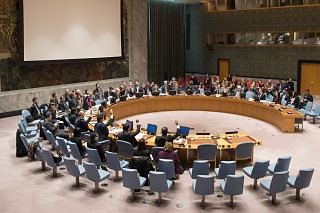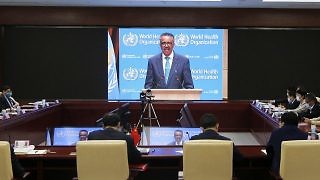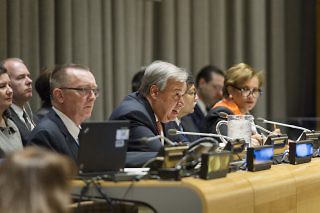Later this month—with little fanfare—United Nations Security Council members are expected to adopt a resolution extending the expiring mandate of the Counter-Terrorism Executive Directorate (CTED).
Author: Eric Rosand
-
-
Our knowledge of the threat of violent extremism and how to address it will continue to increase. The size of the UN’s bureaucracy should not have to grow with it.
-
The GCTF model is a potentially feasible and effective remedy to address the current global pandemic and prevent future ones.
-
Policymakers and practitioners have increasingly recognized the need to focus more attention on prevention—addressing the root causes of conflict, violence, and fragility rather than simply reacting to them.
-
The creation of a first-ever UN Office of Counter-Terrorism and the appointment of the first full-time, under-secretary-general-level UN counterterrorism official—Russia’s Vladimir Ivanovich Voronkov—should go a long way to enhance collaboration and cooperation among the dozens of UN entities working to counterterrorism and preventing violent extremism.
-
Trend lines of increasing crackdowns on civil society and increasing levels of overall violence will undermine the possibility of achieving a “whole of society” CVE approach.










